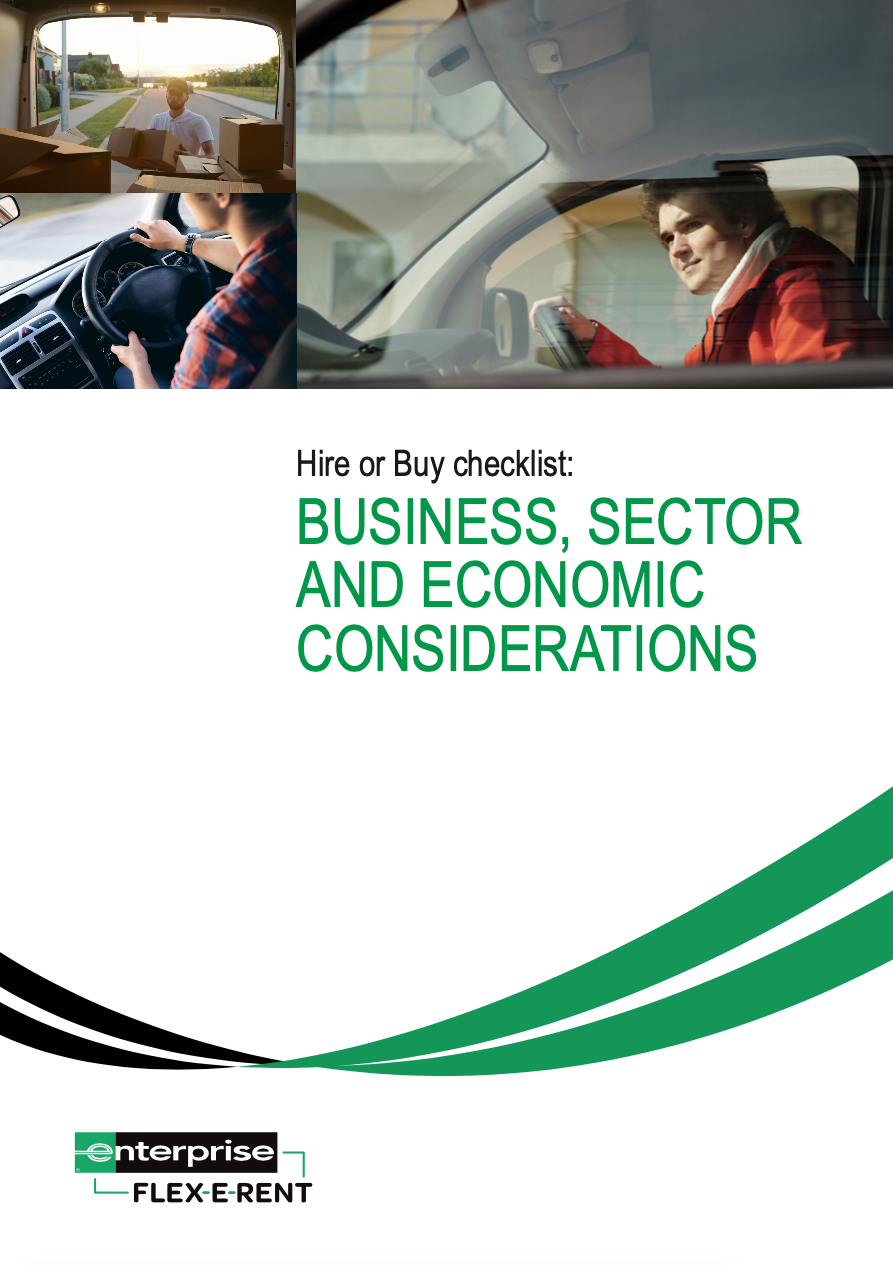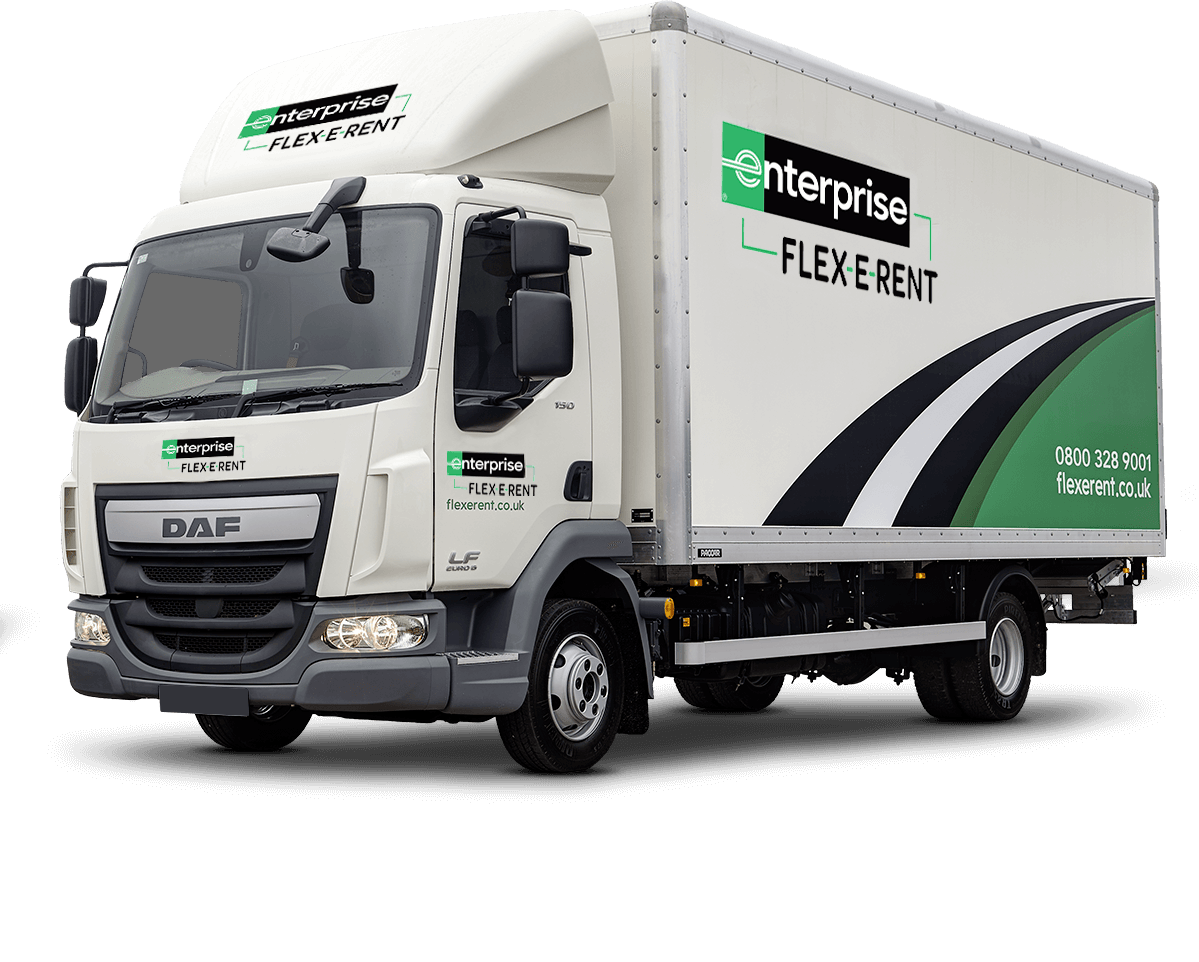
Speak to a flexible hire expert
2. Not included on your balance sheet
Introduced in 2019, IFRS lease accounting rules require businesses to bring all lease commitments onto their balance sheets - but contracts of 12 months or less are exempt. This means businesses with short-term or flexible vehicle hire can keep assets off their balance sheets.
Keeping fleet costs off-balance sheet helps businesses to ensure that working capital is freely available for investment in core (revenue-generating) business activities and not tied up in fleet.
3. Reduce or expand fleet to meet demand
Changes in business demand can be difficult to predict at the best of times and this challenge has only been exacerbated. At the height of the UK lockdown, many companies were experiencing a huge decrease in demand, which meant fleets weren't being used at full capacity. On the other hand, some businesses experienced an unprecedented increase in demand - but didn't have the vehicles in their fleet needed to meet expectations.
Both circumstances demanded a fast and flexible response, right-sizing fleets to match business requirements and tightly controlling costs along the way - which flexible hire could achieve. Scenarios such as these aren't isolated either, and with so much uncertainty ahead, fleet managers need to ensure they're equipped to meet demand, while keeping costs down.
Flex-E-Rent’s flexible vehicle hire offering allows you to return fleet vehicles at short notice, reducing the risks associated with signing long leasing contracts.
4. Ensure compliance while reducing admin
For many businesses, the burden of administration is something they actively wish to avoid. Particularly when trying to keep vehicles compliant with the latest regulations, administration costs can soar. Additionally, if you're bringing new vehicles into your fleet, it can be costly - as can fleet maintenance.
When you choose a flexible hire provider, they can take care of this for you. They'll complete the necessary paperwork needed to acquire the vehicle, and maintenance costs should be included as standard.
Not only this, but flexible vehicles can be specified/upgraded for compliance with all necessary regulation, such as London's Ultra Low Emission Zone (ULEZ) and the Direct Vision Standard (DVS) - so you won't have to worry about acquiring new or retrofitting your current vehicles.
With new regulations being introduced all the time, flexible hire of the most up to date vehicles is the most cost effective solution and future-proofs your fleet.
5. Greater selection of vehicles
Putting current, unpredictable circumstances aside, flexible hire offers you a greater selection of vehicles to choose from - meaning you're always using the optimum solution for the job at hand and can switch out of vehicles if needs change or contracts come to an end.
And even highly specialised or infrequent jobs needn't be an issue. Today's flexible rental fleets cater to a broader range of sectors and applications than ever before. So rather than turning down work or making costly alterations to vehicles, flexible hire provides vehicles for those one-off jobs, allowing you to secure better contracts and complete work with highly specific vehicles on-demand.
And for longer-term, frequent or bespoke builds Flex-E-Rent's flexible hire vehicles can even be modified to your specifications, with ancillary equipment and company livery available - giving you the same options as leasing or contract hire, without the associated risks in the form of early repayment penalties.
Flexible hire from Enterprise Flex-E-Rent
Enterprise Flex-E-Rent's innovative flexible vehicle hire solution combines the guaranteed costs of fixed-term hire with the freedom of short-term hire.
Our significant experience working with a huge range of organisations across various industries means we know how to meet even the most specific needs. We understand that no two organisations are the same, which is why we take into consideration your business model, goals and budget to provide a cost effective, flexible solution. Whether you need to scale your fleet to meet demand in the short-term, or simply require the flexibility of handing your vehicles back when you no longer need them - Enterprise Flex-E-Rent can help.
However, in the current economic climate, we understand that sourcing the vehicles you need at a reasonable price can be challenging – especially when headline costs rarely tell the whole story. You should know whether hiring or buying vehicles is the best option for your business. Find out the pros and cons of each option with our comprehensive Hire or Buy Checklist: business, sector and economic considerations:

.jpg)




